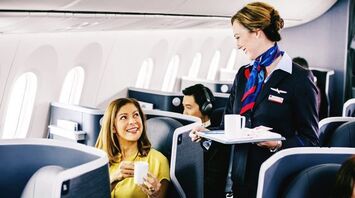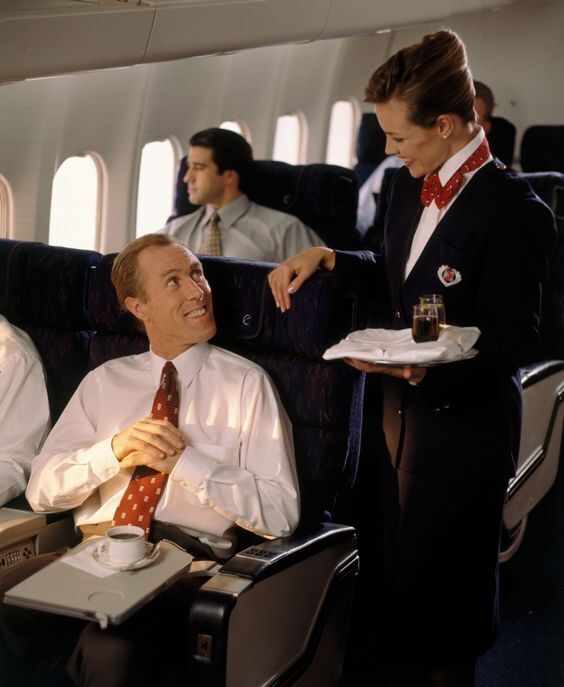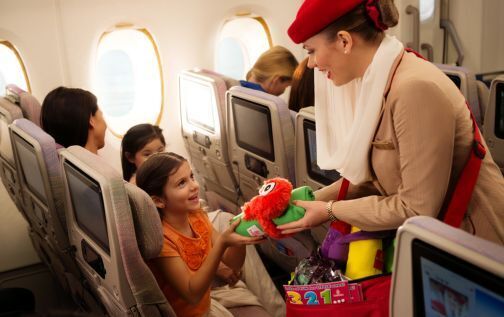Should you tip flight attendants: expert advice

Whether to tip employees in various service industries is a hot topic of debate. With this in mind, travelers also ask themselves whether it is worthwhile to thank flight attendants for their courtesy and good service.
The editorial team of Travel + Leisure magazine talked to aviation experts to ask about tipping flight attendants, whether it is worth leaving them and, if so, how much.
Sarah Nelson, president of the Flight Attendants Association-CWA, which represents 50,000 flight attendants at 19 airlines, said she does not advise against tipping flight attendants.
"Our jobs have historically been objectified and sexualized. Is it normal for someone to harass us by tipping us? Obviously, no. It interferes with our work and the safety of everyone on the plane," Nelson said.

However, as far as official airline policies are concerned, tipping falls into a somewhat gray area. Management usually discourages flight attendants from accepting tips. This is almost a rule for all, except for Frontier Airlines. In 2019, the airline introduced tipping options for buying food and drinks on board.
However, not everything is so strict. Flight attendants can usually accept small gifts. Sue Fogwell, a former United Airlines flight attendant, said that passengers gave her gifts during her 22 years with the company.
"During the holidays, I received several gift cards. They are great, especially for restaurants or coffee shops in airports. Flight attendants always buy food and coffee at airports during layovers or long waits due to delays," Sue said.

Another option is to treat the flight attendant to some goodies. For example, bring chocolates on board to share with the entire crew. But certain rules should be followed.
"Unfortunately, if it's homemade or unpackaged, we won't eat it. We will accept it and throw it away. Such gifts must be in their original packaging. The passenger can hand them over to the flight attendant at the boarding gate or in the cabin where their seat is located," explained Sue Fogwell.



















